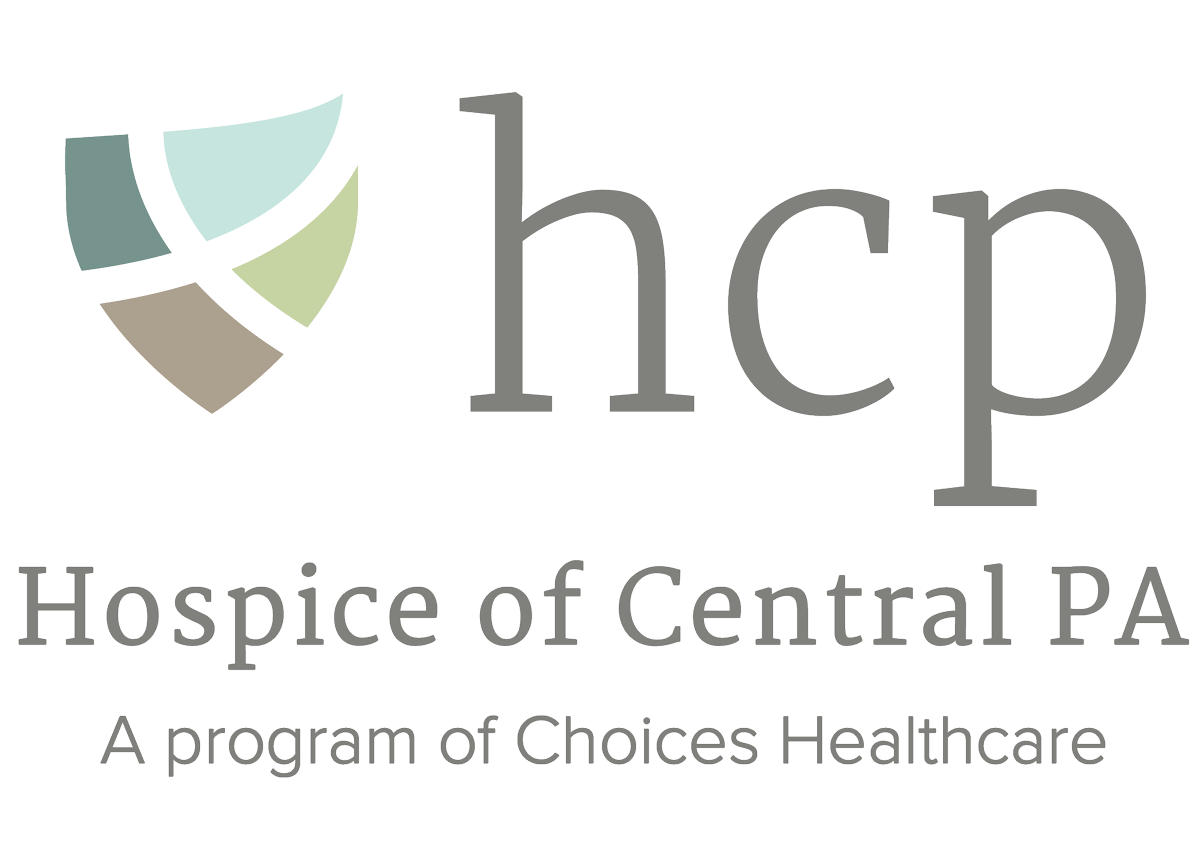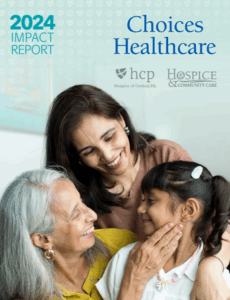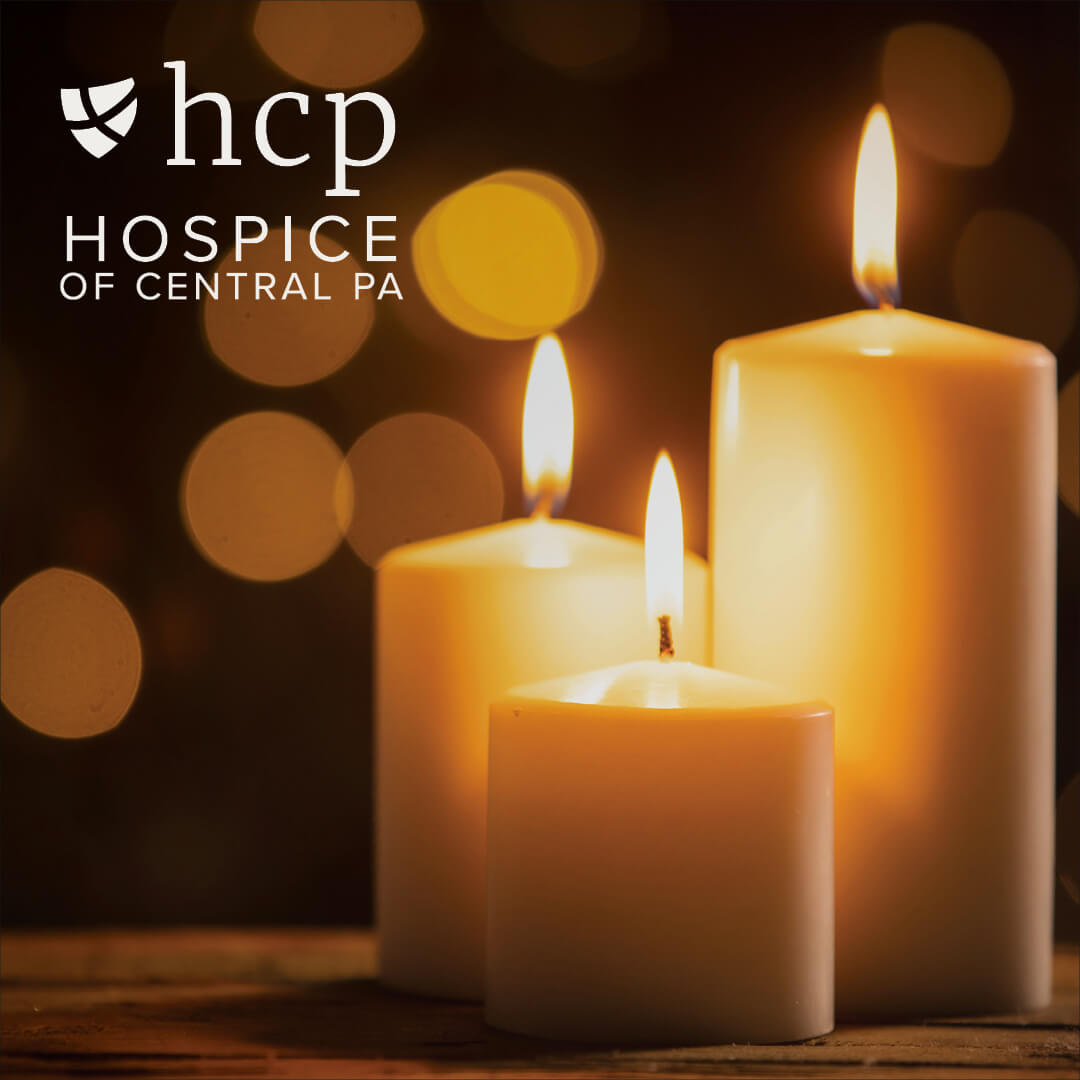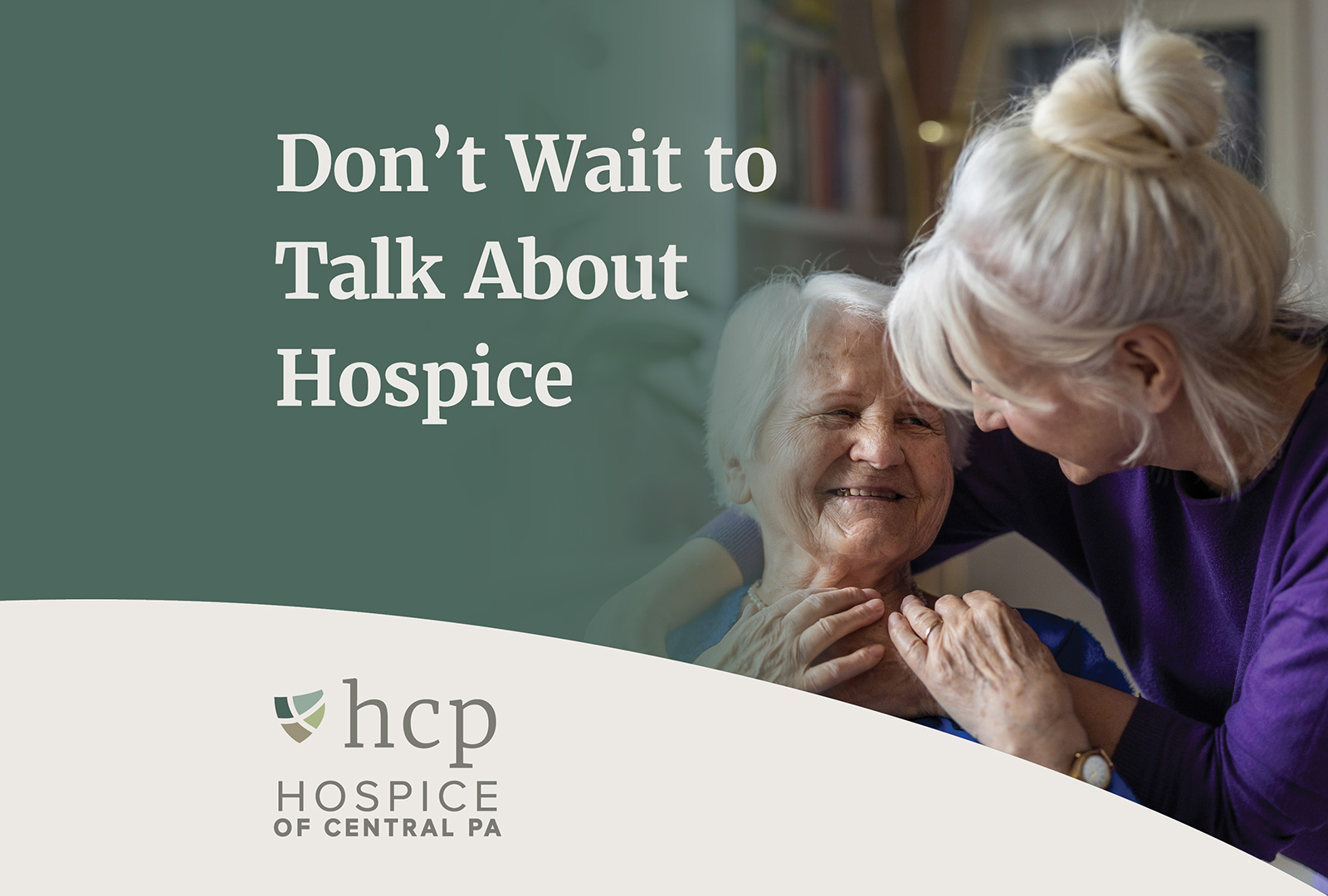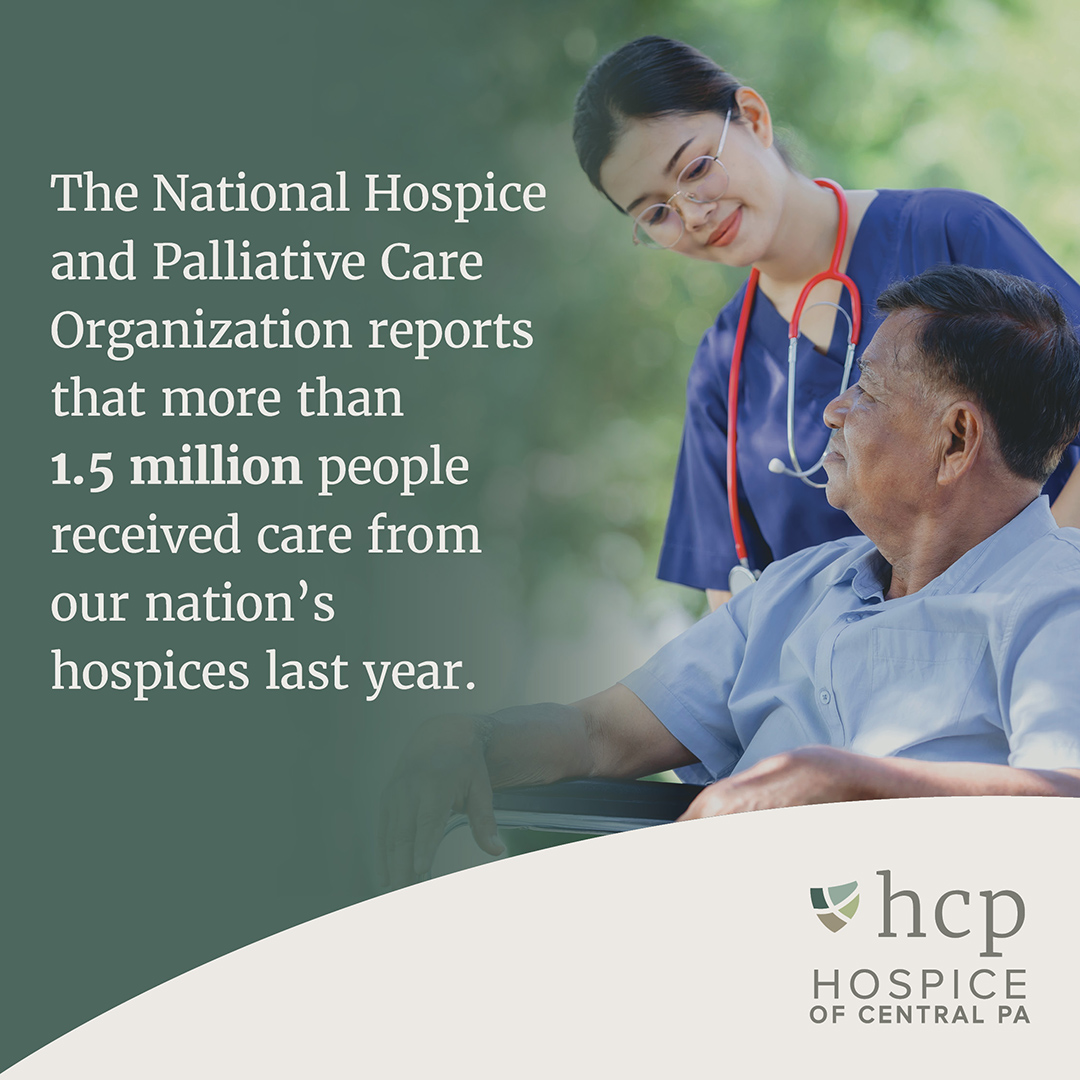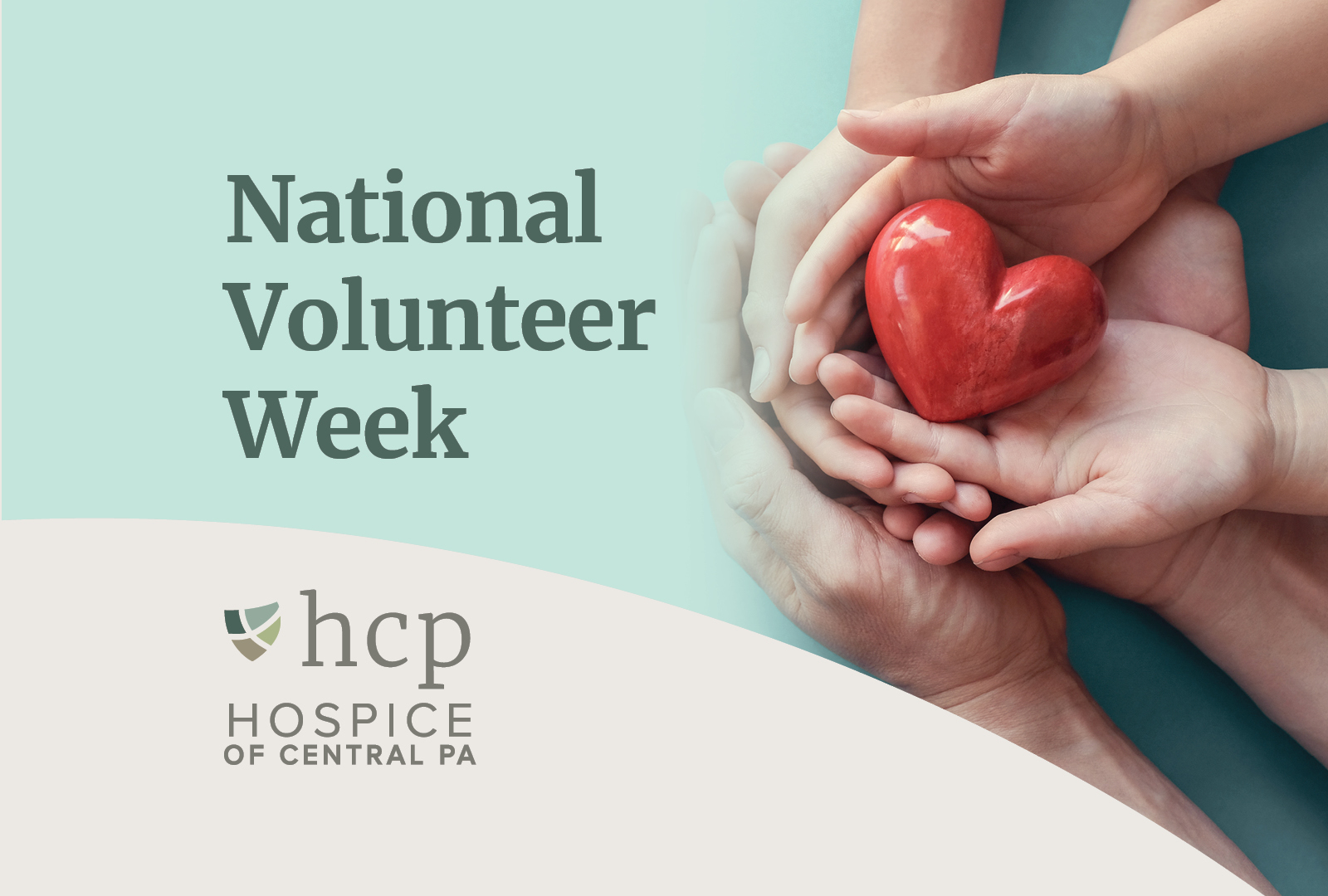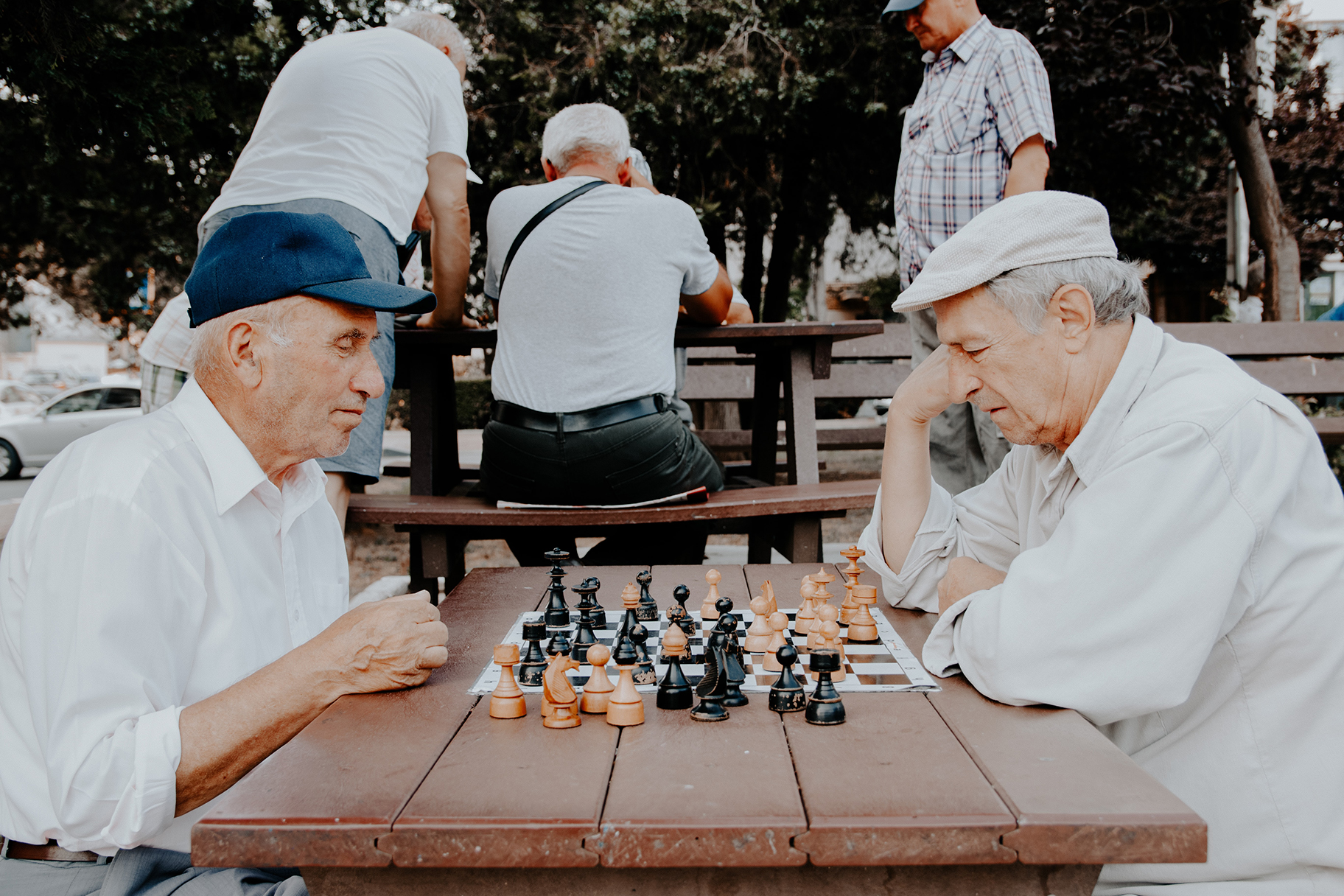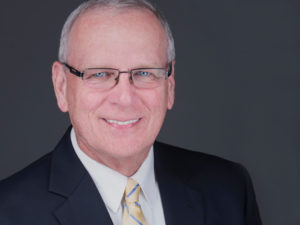
After more than a decade of service at Hospice of Central PA, President Gil Brown will retire on December 31, 2024. Gil has been a driving force behind the organization’s growth, steering it through significant achievements and fostering strong relationships with healthcare partners and the community.
Gil, a native of Union Dale, Pennsylvania, has more than 30 years of experience in healthcare operations and management. Before joining Hospice of Central PA, Gil served for eight years as Chief Operating Officer of Hospice by the Sea, Inc., a Florida-based not-for-profit provider of hospice, home healthcare, and palliative care services. His extensive career also includes leadership positions with Aetna Health Plans, the Queens Health Network of the New York City Health and Hospital Corporation, and Continuum Health Partners in New York City.
Gil holds a Master of Science in Organizational Behavior from the University of Hartford’s Barney School of Business and a Bachelor of Arts in Psychology from Bloomsburg University. He also holds certifications as a Certified Hospice and Palliative Care Administrator (CHPCA) and Senior Professional in Human Resources (SPHR).
Since joining Hospice of Central PA, Gil has led the organization through numerous milestones, including earning Joint Commission accreditation and securing a 5-star status in the We Honor Veterans program offered by the National Hospice and Palliative Care Organization. Under his leadership, Hospice of Central PA expanded its palliative care services and became a trusted hospice provider, building key relationships with local hospitals and healthcare systems.
“Working with Gil has been a truly inspiring experience,” commented Hank Straub, HCP Board Member. “His unwavering commitment to compassionate care and his visionary leadership have not only shaped Hospice of Central PA but also set a high standard for excellence. Gil’s ability to lead with both heart and strategic focus has made a lasting impact, and it has been an honor to collaborate with him in serving our community.”
Reflecting on his time at Hospice of Central PA, Gil shared, “The best part of my job has been reading messages from grateful patient families, meeting with our dedicated staff, celebrating our positive quality scores, and serving as an ambassador for the organization in the community.”
Gil continues to be instrumental in the affiliation between Hospice of Central PA and Hospice & Community Care which became effective on January 1, 2024. “I am confident that the recent affiliation will strengthen our ability to adapt to changes in the healthcare environment, ensuring that both organizations remain community-based, non-profit providers of hospice and palliative care,” expressed Gil.
“Partnering with Hospice of Central PA and working alongside Gil has been an excellent opportunity for our organization,” shared Steve Knaub, CEO, Hospice & Community Care. “His leadership and commitment to providing exceptional care have consistently set a high standard. The collaboration between our teams has already proven to be a rewarding experience, and I am excited for the future we are forming together, building on the strong foundation that Gil and his team have established.”
Looking ahead to his retirement, Gil said, “I plan to declutter my home, play more tennis, and figure out what comes next as I search for a new purpose in this next chapter of my life.”
Gil resides in Susquehanna Township with his husband Pedro Lozada and their two dogs, Dan and Dora. He will be greatly missed by the Hospice of Central PA community, and his contributions will leave a lasting legacy.
